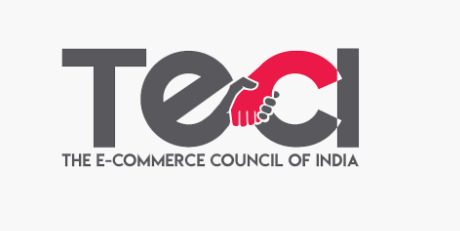The E-Business Council of India (TECI), alongwith PwC India & Fidus Law Chambers today released a comprehensive report that analyses various aspects relating to “Intermediary Liability” of online marketplaces. This report focuses on those intermediaries which are online marketplaces providing e-tail and e-consumer services (including e-travel).
The report titled “Understanding Intermediary Liability for online marketplaces”, takes a close look at the role of online marketplaces as intermediaries and examines the current intermediary liability laws that govern them.
The principle of “Intermediary Liability Limitation” is the cornerstone for all platform businesses, that enables them to act as an effective intermediary with a clear definition of their role, responsibilities and liabilities. However, in practice, multiple laws & rules governing intermediaries, are often not understood in entirety and applied unevenly across various instances. In many instances the basic nature of an online marketplace as an intermediary is burdened with additional responsibilities, none of which are inherent to the role it plays as a platform connecting buyers and sellers.
While online marketplaces are experiencing growth and accelerated adoption, they continue to face operational complexities due to government and judicial overreach in several instances. This is largely due to a limited, though evolving understanding of the role of intermediaries vis-a-vis other users on the platform. The report aims to further this process of understanding by examining various issues and related judicial and regulatory precedents.
Currently, the Information Technology (IT) Act, 2000, governs online marketplaces as intermediaries and also defines their functions. The IT Act also has a ‘safe harbour’ provision for intermediaries which exempts them from liability for activities that are not initiated, selected or modified by them.
Additionally, various other economic and sectoral regulations and policies like FDI Guidelines, the Consumer Protection (E-Commerce) Rules, the Legal Metrology Packaged Commodities Rules, the Food Safety and Standards Act, the Indian Copyright Act, and the Trade Marks Act limit the roles and responsibilities of online marketplaces to the functions that they provide. However, despite having a distinct regulatory framework for intermediaries, it is observed that intermediaries are often penalised for the activities of their users, without the former’s role being assessed or investigated adequately.
This TECI report identifies such challenges through an analysis of certain recent legal judgements and regulatory precedents on the issue of accountability of intermediaries. The report also refers to precedents from other countries in order to incorporate & highlight the international approach towards establishing the accountability of intermediaries.
After analysing the legal precedence on intermediary liability and learnings from Indian & international cases, the report highlights the need for revisiting the approach to how online marketplaces are recognised in India and what they should be held liable for.
This report also recommends certain amendments in Section 79 of the IT Act in order to strengthen intermediary liability regime in India, with the objective to help create an enabling & predictable operating environment for online marketplaces.
";


